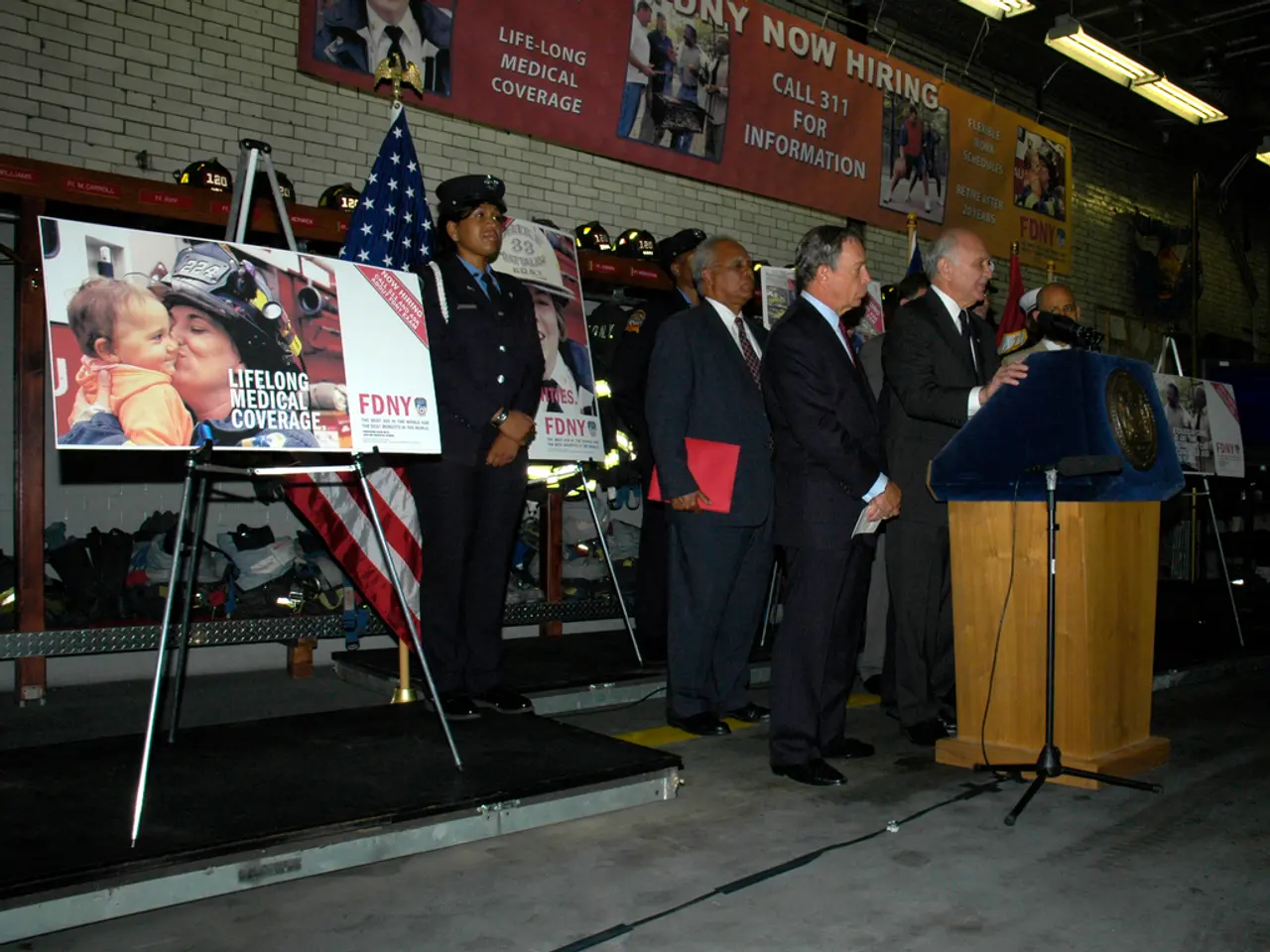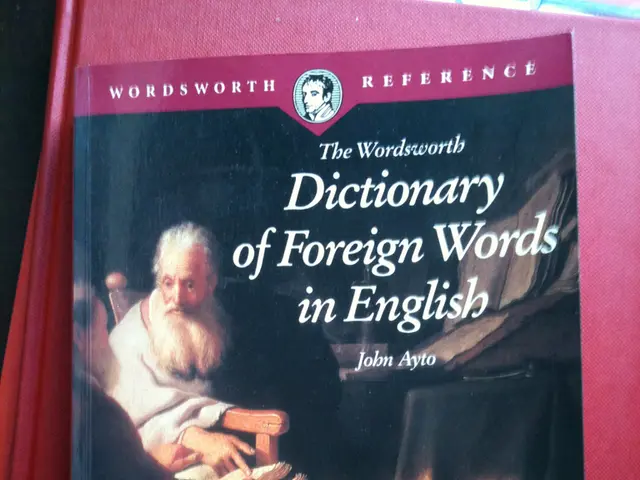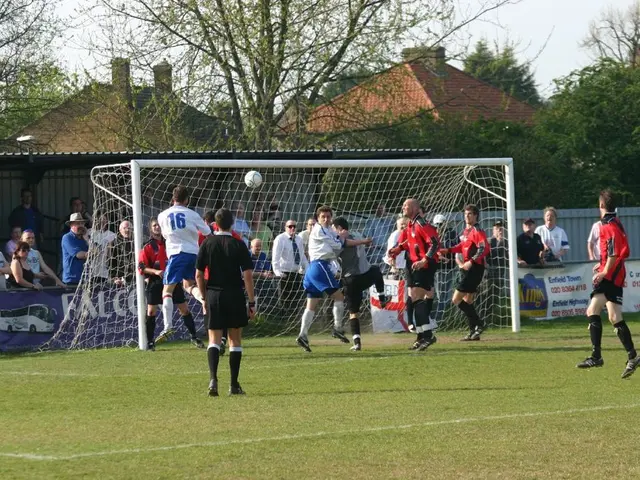Islamist Parties Dominate Fayoum Governorate Elections
Parliamentary elections in Fayoum Governorate are underway, with Islamist parties such as the Muslim Brotherhood's Freedom and Justice Party and the Salafi Nour Party dominating the race for all 18 seats. Meanwhile, liberal parties like the Wafd Party and Free Egyptians Party struggle for recognition, and remnants of the dissolved National Democratic Party (NDP) rely on tribal connections.
Competition among candidates within the Salafi Nour Party is fierce, as they vie for individual seats. In contrast, liberal parties remain unfamiliar to many voters, despite their presence in the elections. The political landscape in Fayoum is heavily influenced by Islamist parties, who have a strong presence in the governorate.
Ali Eissa, a 32-year-old shop owner, plans to vote for the Freedom and Justice Party, admiring their organisational skills and commitment to serving citizens. Ahmed Abdel Rahman, a candidate from the same party, believes votes are determined by a party's ability to mobilise voters. However, Mostafa Meizar of the Justice Party sees Islamists' use of mosques for promotion as a challenge for non-Islamist parties.
Remnants of the NDP have a good chance at winning votes in Fayoum's villages due to tribal and familial connections. Campaign posters for Islamist parties are prevalent in the governorate's main streets, indicating their strong presence. Mohamed Hussein, spokesman of the Salafi Nour Party, expects voters beyond Salafi supporters to back his party's candidates.
Fayoum's parliamentary elections are marked by intense competition within Islamist parties and a struggle for recognition among liberal parties. The influence of tribal connections and the prominent use of mosques for promotion by Islamist parties shape the political dynamics in the governorate.
Read also:
- United States tariffs pose a threat to India, necessitating the recruitment of adept negotiators or strategists, similar to those who had influenced Trump's decisions.
- Weekly happenings in the German Federal Parliament (Bundestag)
- Southwest region's most popular posts, accompanied by an inquiry:
- Discussion between Putin and Trump in Alaska could potentially overshadow Ukraine's concerns








